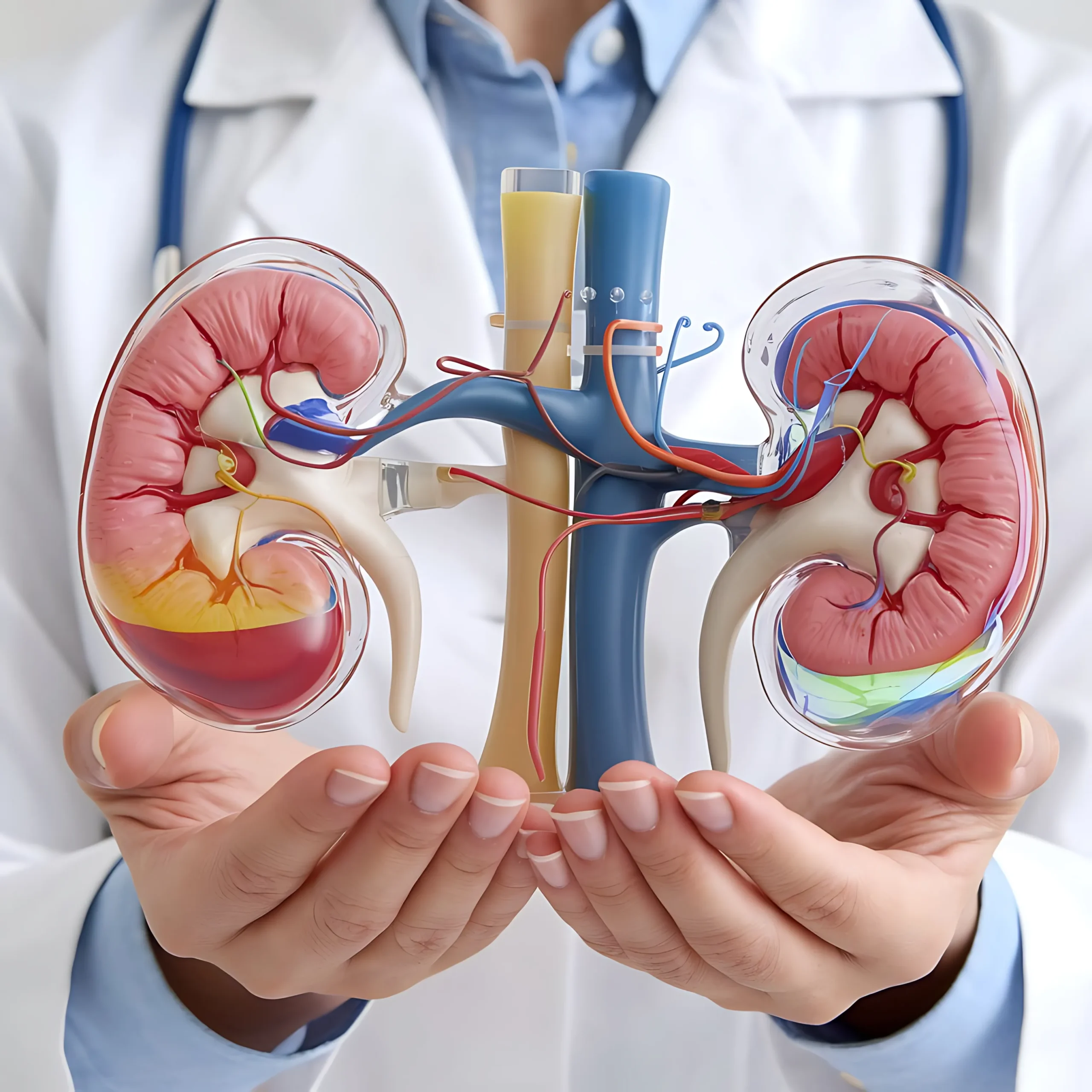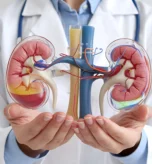
Kidney stones are a common yet painful condition that affects the urinary tract. These hard deposits form when minerals and salts in the urine crystallize and build up in the kidneys. Factors such as dehydration, a diet high in salt or sugar, obesity, and certain medical conditions can increase the risk of developing kidney stones.
The symptoms of kidney stones vary but often include sharp pain in the back or side, blood in the urine, frequent urination, nausea, or vomiting. The severity of pain depends on the size and location of the stone. Small stones may pass naturally with increased fluid intake, while larger stones may require medical intervention.
Treatment options for kidney stones include pain management, medications to relax the urinary tract, and procedures such as shock wave lithotripsy, which breaks stones into smaller pieces that can pass through urine. In more complex cases, surgery may be necessary to remove stones that cannot pass on their own.
Preventing kidney stones is possible with lifestyle adjustments such as drinking plenty of water, reducing salt intake, eating a balanced diet, and maintaining a healthy weight. With the right medical care and preventive strategies, patients can manage kidney stones effectively and reduce the chances of recurrence.





